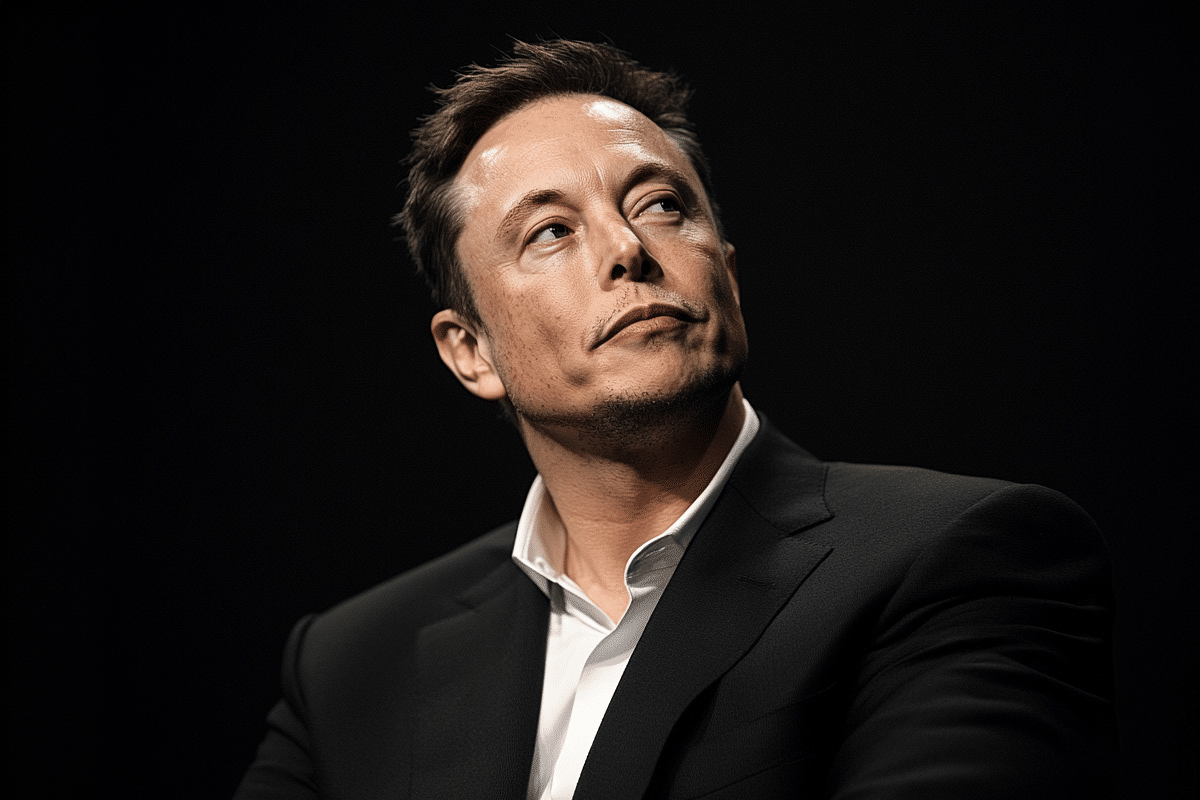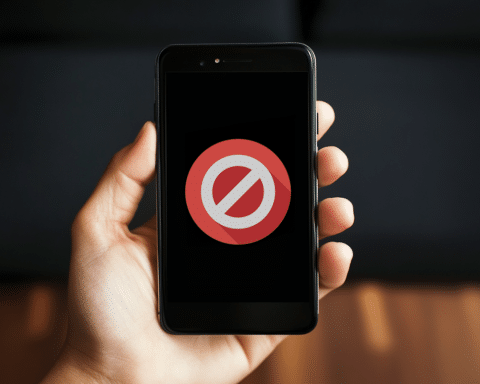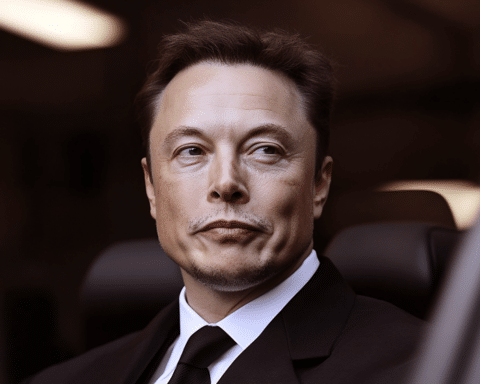Elon Musk’s ongoing conflict with Brazilian Supreme Court judge Alexandre de Moraes has taken a dramatic turn, with Musk openly criticizing the judge following threats to suspend X, the social media platform formerly known as Twitter, in Brazil. The feud, rooted in disputes over free speech and claims of disinformation, has escalated tensions between one of the world’s most influential tech billionaires and a key figure in Brazil’s judiciary.
The conflict began when de Moraes demanded that Musk appoint a new legal representative for X in Brazil and resolve any outstanding fines against the company within a 24-hour timeframe. Failure to comply, de Moraes warned, would result in the suspension of the platform in Brazil. Musk, who has a reputation for being outspoken, retaliated by attacking the judge on social media, labeling him as a dictator masquerading as a judicial figure. He vowed to make public the judge’s demands and related court filings, intensifying the public dispute.
Brazil represents a significant market for social media platforms, including X. With approximately 40 million Brazilians accessing the platform at least once per month, accounting for about 18% of the country’s population, the implications of a suspension could be far-reaching. The platform has become a popular tool for communication, news dissemination, and social interaction among Brazilians, making the stakes of this legal battle particularly high.
The dispute between Musk and de Moraes centers on differing views about free speech and the control of information. De Moraes has accused certain X accounts of spreading disinformation, leading him to order the social media company to block those accounts. In response, X, under Musk’s leadership, announced earlier this month that it would close its operations in Brazil and dismiss its local staff. The company cited what it described as censorship orders from de Moraes, framing the move as a necessary step to protect its employees.
Musk and X have argued that these orders from de Moraes infringe on legal principles and bypass due process. X’s Global Government Affairs team has suggested that de Moraes’ actions are illegal and have indicated plans to publish all related court filings to shed light on the situation. The company maintains that its Brazilian staff has no control over content moderation decisions, and thus, targeting them with legal threats is unjust.
The Supreme Court of Brazil has taken an active stance in this matter, with statements from de Moraes being shared on its official X account. One recent statement, issued on a Wednesday evening, gave Musk until the following Thursday evening to respond to the demands. This public sharing of statements highlights the court’s commitment to enforcing its orders and managing the spread of disinformation, a major concern in the digital age.
As the situation unfolds, X has stated its intention to keep its service available to Brazilian users despite the closure of its local operations. Musk has expressed regret over the decision to cease operations in Brazil, attributing the responsibility for this outcome solely to de Moraes. He has pointed out that the judge’s demands would force X to violate laws not only in Brazil but also in Argentina, the United States, and under international legal standards. Therefore, according to Musk, the company had no other option but to withdraw its physical presence from Brazil while maintaining the digital platform’s availability.
This conflict underlines the broader challenges that global tech companies face in navigating different legal and regulatory landscapes. It also reflects ongoing debates over the balance between free speech and the prevention of disinformation, a topic that has become increasingly contentious in recent years. As social media platforms wield more influence in public discourse, the legal and ethical responsibilities of these companies continue to be hotly debated.
Musk’s latest move to challenge de Moraes’ actions and bring public attention to what he perceives as overreach by the judiciary underscores his commitment to fighting what he sees as censorship. The outcome of this high-profile dispute could set a significant precedent for how tech companies operate within different legal jurisdictions and respond to governmental demands worldwide.




